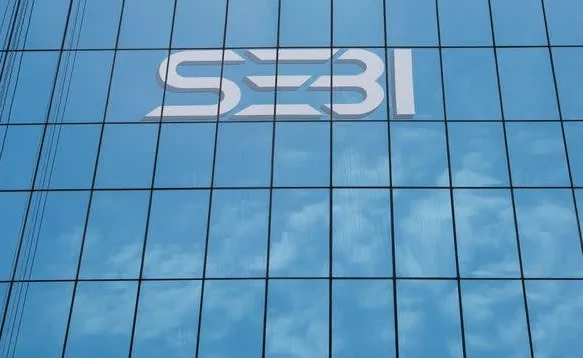Will SEBI's Board Meeting Revise IPO Norms and Anchor Allocation Rules?

Synopsis
Key Takeaways
- SEBI's board meeting set for Friday.
- Relaxed stake dilution norms under consideration.
- New allocation rules for anchor investors may be introduced.
- Potential extension of deadlines for public shareholding compliance.
- Expansion of anchor investor pool expected.
New Delhi, Sep 12 (NationPress) The Securities and Exchange Board of India (SEBI), which oversees capital markets, is poised to evaluate significant regulatory reforms during its board meeting on Friday. This includes easing stake dilution rules for major corporations and modifying the allocation guidelines for anchor investors involved in IPOs.
SEBI is contemplating revisions to the stake dilution criteria, allowing larger enterprises to initiate smaller initial public offerings. Additionally, the regulator may extend the timeline for companies to meet the minimum public shareholding benchmarks.
For companies with post-issue market capitalizations over Rs 5 lakh crore, a minimum float of Rs 15,000 crore plus 1 percent may be mandated, with a floor of 2.5 percent public float.
Firms valued between Rs 1 lakh crore and Rs 5 lakh crore could be obligated to issue at least Rs 6,250 crore plus 2.75 percent. Depending on their shareholding structures, they might have up to 10 years to fulfill the minimum public shareholding requirements, as reported.
The board intends to broaden the anchor investor base for IPOs, potentially raising reserved allocations from 33 percent to 40 percent by including insurance and pension funds alongside mutual funds. Moreover, for IPOs sized between Rs 250-Rs 500 crore, the number of allowed anchor allottees could rise from 25 to 30.
The agenda also likely includes initiatives to streamline compliance for foreign portfolio investors (FPIs), relax rules for accredited investors in selected alternative investment funds (AIFs), expand the operational scope for credit rating agencies, and confer equity status to Real Estate Investment Trusts (REITs) and Infrastructure Investment Trusts (InvITs).
Furthermore, multiple reports indicate that the SEBI board may deliberate and sanction a new threshold-based framework to assess the materiality of related party transactions (RPTs), aligning compliance demands with the turnover of listed companies.
SEBI is also expected to issue a consultation paper within a month regarding the gradual discontinuation of weekly futures and options (F&O) contracts.
The regulator seeks to transition to monthly expiries with a structured transition plan and may consider introducing same-day expiries across stock exchanges.
Earlier this week, SEBI revealed that it had revised its regulations to permit promoters to retain employee stock options (ESOPs) granted at least one year before filing IPO documentation.










